EggBound
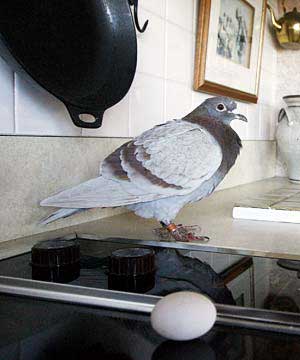 Egg binding, or the obstruction of the uterus or oviduct by an egg, is a common problem seen in female birds. Since it can occur in a female bird, even if a mate is not present, unmated pet birds can also experience this problem. Egg binding can be life-threatening, especially in the smaller species such as finches, budgies, lovebirds and cockatiels.
Egg binding, or the obstruction of the uterus or oviduct by an egg, is a common problem seen in female birds. Since it can occur in a female bird, even if a mate is not present, unmated pet birds can also experience this problem. Egg binding can be life-threatening, especially in the smaller species such as finches, budgies, lovebirds and cockatiels.
Most companion birds lay eggs every 24 – 48 hours during their laying cycle, but variability in egg transit time can make it difficult to know when a problem is occurring.
A variety of things may cause egg binding. One of the most common causes of egg binding is an all-seed diet because it is very low in calcium as well as other essential vitamins and minerals. Other causes include obesity, lack of exercise, oversized or mal-formed eggs, excessive egg laying, oviduct infection or damage, heredity and senility are all causes of egg binding.
Egg formation takes approximately 24-25 hours. If an egg remains in the oviduct for an abnormal length of time, a number of problems may result. These problems tend to be most severe in the smaller species. If an egg remains lodged in the pelvic canal, it can interfere with blood circulation in the pelvis and to the kidneys. The egg can interfere with urination and defecation, leading to metabolic disturbances. The egg can press against the wall of the oviduct, causing it to die and rupture.
Clinical Signs
Presenting clinical signs vary with the individual bird. A hen may appear depressed, have an abnormally wide stance, and make repeated straining motions. Some birds may be puffed yet perching, while others may be found on the bottom of the cage. Some birds may even be found dead on the floor of the cage or aviary without any previous warning. Droppings may be larger than normal or no droppings may be passed and the vent may be dilated and swollen.
Diagnosis of Egg Binding
Many birds have a history of prolonged egg laying, while others may have never laid an egg before. If you suspect that a bird is egg bound, it should be examined by an avian veterinarian immediately. In some birds, gentle examination of the abdomen reveals the presence of an egg. It is often necessary to radiograph the bird to determine the size, position and number of eggs present. If the egg shell is not present, ultrasound may be necessary to reveal the presence of an egg.
Treatment of Egg Binding
Egg binding should be considered an emergency. Medical treatment is initiated to stabilize the bird. The bird may be given fluids intravenously or subcutaneously as well as antibiotics, steroids and calcium. It is placed in an incubator at 85-95 degrees F with moistened air. If the egg is not passed within a few hours, additional calcium as well as certain drugs to stimulate contraction and expulsion of the egg may be administered. Sometimes it is necessary to sedate the bird with isoflurane and manually pass the egg. If this is not possible due to the large size of the egg, ovocentesis or aspiration of the egg’s contents, followed by collapse of the egg and removal of the shell may be necessary.
Long term management of birds recovering from egg binding should involve dietary and environmental changes. If the bird is on a seed diet it should be switched to a more balanced diet, including pellets. Ample calcium should be present in the form of natural vegetables. If a supplement is required, oyster shells or neocalglucagan can be used. In addition to an appropriate diet, exercise is necessary to prevent obesity. Hormones and other drugs may be administered to try to temporarily stop egglaying, but a hysterectomy may be necessary for those birds that have repeat occurances of egg binding.
If an egg breaks inside the female, yolk peritonitis, a life threatening situation may result. This is why it is important for a veterinarian to remove the egg and not the owner.
If an egg is visible and not encased in membranes, but stuck to the bird, the owner may be able to apply warm water or KY Jelly as a lubricant and gently remove the egg. However, if the egg is protruding, but appears encased in tissues, the oviduct or cloaca may also be involved and may have prolapsed. The bird should be taken to a veterinarian immediately, while being kept in a warm, humid environment.
EggBound by Linda Pesek DVM

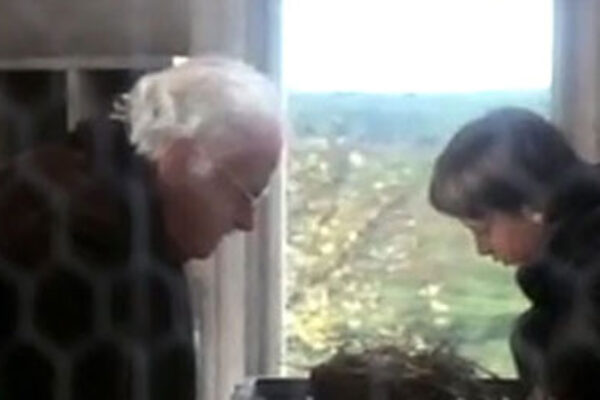
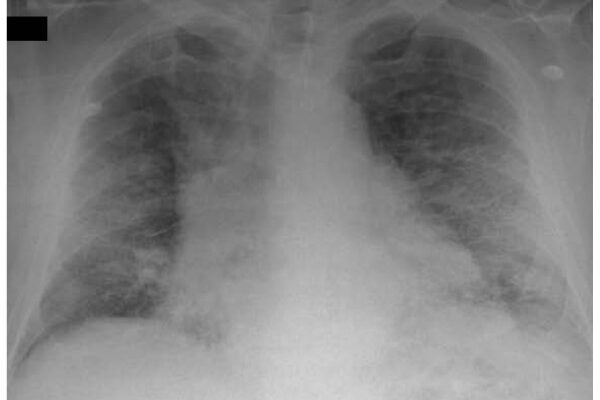
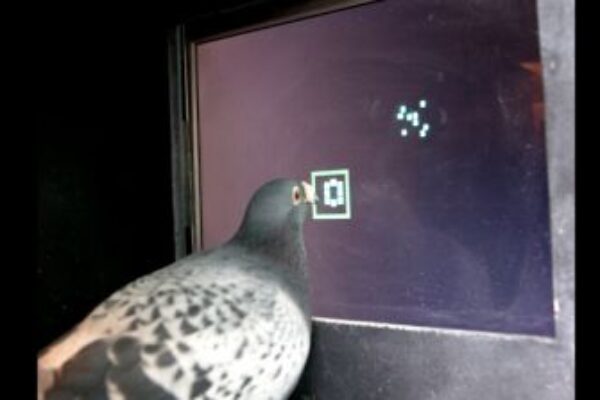
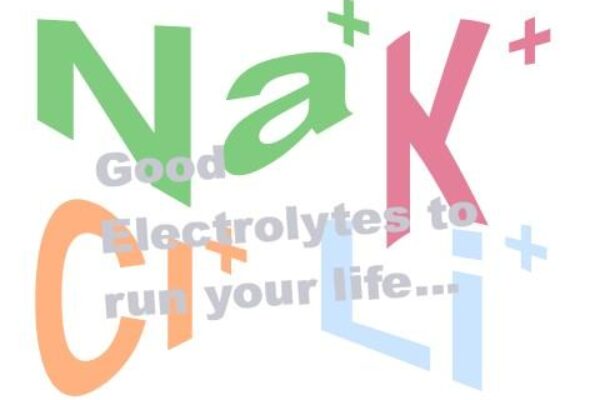

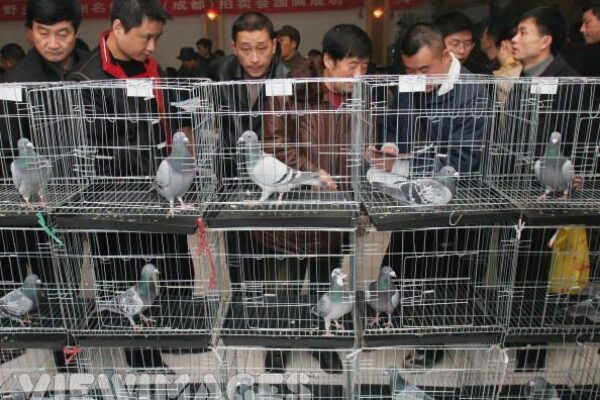
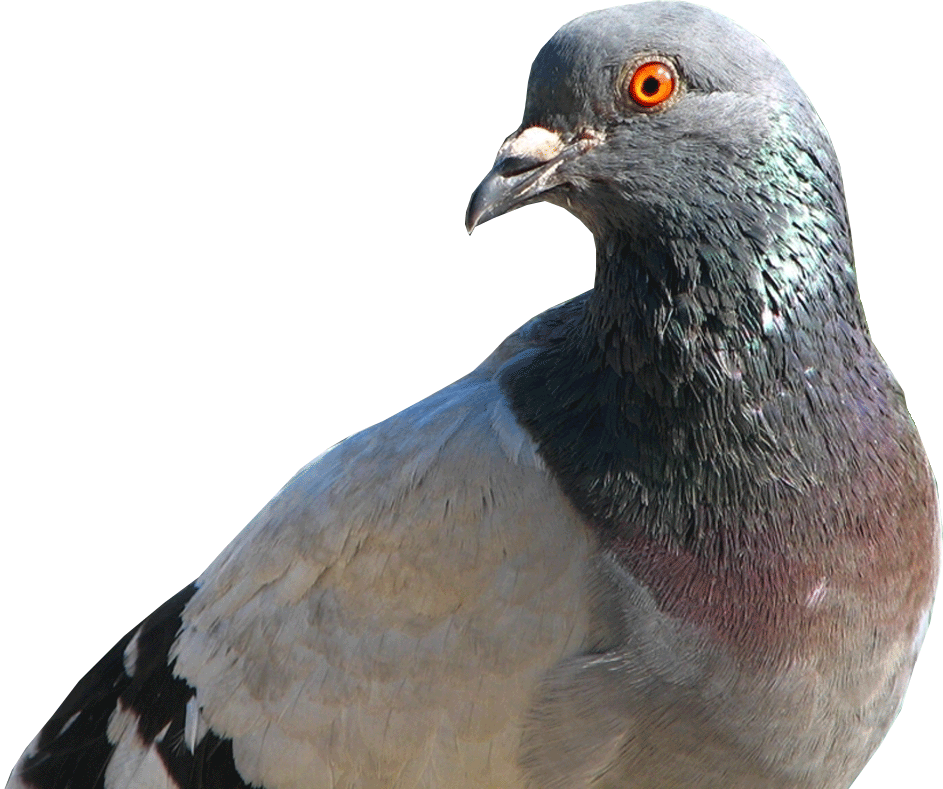
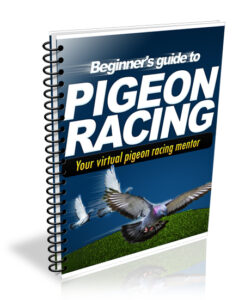
pls give me advice that my pigeon is not giving egg for last one year any medicen u have tell.better to tell nature foods items for giving pigeons & giving egg’s
pls give me advice that my pigeon is giving small egg for continu last six month that the babyes not born in egg please give me seastion or any medicen.
thanks
If a hen not given eggs then what medicen is suggested for her.
My fancies Yellow pouter male and female both are 2 years old they are given me double chickes first to last 14 month.But last 2 time breeding give single egg and egg calcium short . The single egg shell not smooth. Chicks born in the egg but not came out because eggs shell not smooth.Please give me medicine or any solution.
This happens more in cage birds. The first “remedy” is heat. A hospital cage with heating pad helps in many situations.
Some think that a Vit. A deficiency decreases the lubricating of the tract?
I have one hen with this problem and what I did,I put vasseline and in couple minutes she lay her egg with no problem.I hope this help to the other fanciers.Is good you guys talk about this,cos I call manny people to ask and no response and that what I did and it works for me.
I myself have not to date had this problem, lucky I guess. I have also heard using heat also works, as well as using oil like Andy suggested. What I like to do, is trim the hens down with barley. If the hens are exerciseing, cut the feed with barley 2 weeks before mating, this should also help with this problem. Keep the hens thinner than the cock birds,hopefully the egg binding will go away.
pls give me advice that my pigeon is not giving egg for last one year any medicen
There may be little that you can do depending on her age. You should treat the hen with a good antibiotic and mate her up. Make sure she is not too fat. If she flyies around the loft, execise her. If she still doesn’t lay than you should give her eggs from another pair and let her raise a nest of youngsters. Sometimes that will get her hormones going and she will lay again.
If you have an eggbound hen you need to do two things. Go to your local store and buy calcium pills. 500mg or so. Break the pill in half and shove it down the hens throath. Make sure she hass access to grit. Also take some luke warm oil such as sunflower oil. Dip a qtip in it and gently smear it around the egg. The hen should lay the next day. If not repeat the same thing the next day and she will definitley lay.